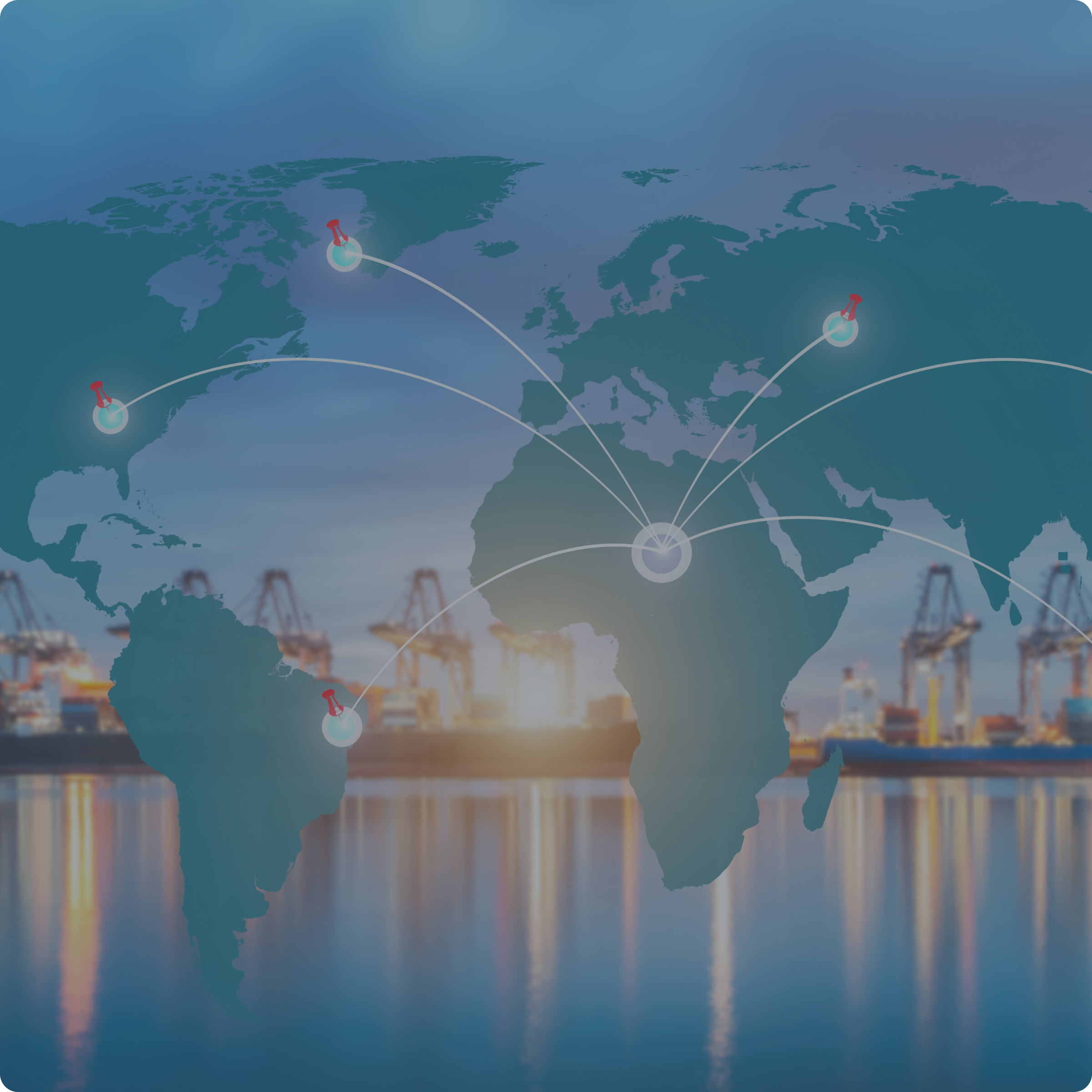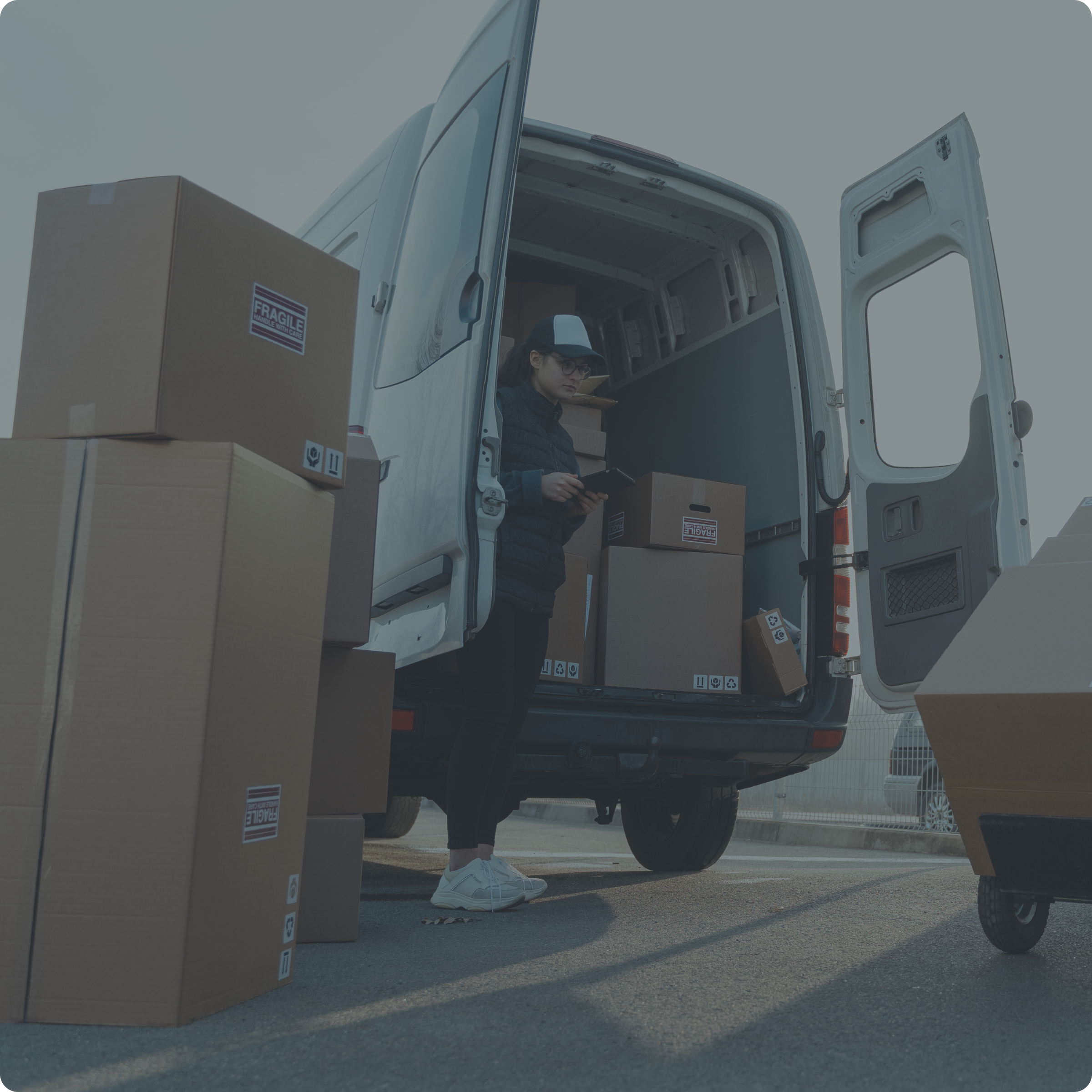Understanding the roles of freight forwarders and Importers of Record (IORs) can simplify the complexities of international trade. While both play crucial roles in global logistics, they serve distinct functions.
Freight forwarders facilitate the physical movement of goods across borders, whereas IORs are responsible for ensuring compliance with legal regulations and handling financial and legal liabilities for imports.
While freight forwarders provide valuable services, they may not cover all aspects of international shipping, particularly when specialized knowledge or complex compliance is required.
For instance, services from specialists like TecEx offer a more comprehensive import compliance solution, including HS code classification, trade compliance, and established carrier networks, which makes them a preferred choice for global trade—especially for high-value or dual-use goods.
According to World Craft Logistics, incorrect paperwork is the leading cause of shipment delays. While freight forwarders bring valuable logistics expertise, an IOR’s specialized knowledge, accurate documentation, legal responsibility, and streamlined communication make them the preferred choice for global trade.
The Essential Role of Freight Forwarders
Freight forwarders act as intermediaries between the shipper and transportation services, ensuring that goods are moved efficiently and on time. They specialize in coordinating the logistics of shipments, including negotiating shipping rates, securing cargo space, and arranging inland transportation.
However, while they manage much of the transportation process, freight forwarders do not assume legal responsibility for the goods once they reach the destination country. Freight forwarders focus on the logistics and transportation side, rather than on regulatory compliance.
By adding the services of a specialized importer, you create an ideal formula for global success as they often provide freight services, utilizing their established relationships with carriers to optimize routes and pricing structures.
Not sure if you need a specialist Importer? Read our blog to find out
Why Choose a Specialized Importer and Not Only a Freight Forwarder?
While freight forwarders excel at moving goods, certain scenarios require more than just logistics expertise. For high-value or complex shipments—especially in technology or dual-use goods—partnering with a specialized importer is crucial. Unlike traditional freight forwarders, specialized import service providers take on full legal and financial responsibility for the entire import process.
We bring added expertise and compliance management by acting as your legal representation in the importing country and, in the case of Exporter of Record (EOR), for exports as well. Our established relationships with select freight partners allow us to offer more efficient routes and strategic pricing based on our strong ties with carriers.
By using a specialized importer in conjunction with a freight forwarder, businesses can streamline their global shipping operations, minimize risks, and ensure timely deliveries.
Key Differences in Roles and Responsibilities
Specialist Importers:
- Classification Expertise: Accurately classifies goods, assigns Harmonized System (HS) codes, and determines duty rates.
- Customs Documentation: Prepares and files all import documentation for customs compliance.
- Legal & Financial Responsibility: Assumes all risks associated with importation, including legal and financial liabilities.
- Post-Clearance Services: May also provide warehousing, distribution, and other logistical services. Also, benefit from added features like a state-of-the-art app or shipment tracker.

Freight Forwarders:
- Booking Cargo: Negotiates, secures, and books cargo space.
- Inland Transportation: Arranges inland pickup and delivery, coordinating with relevant parties.
- Shipping Documentation: Prepares basic shipping documents but typically does not manage full customs compliance.
- Tracking & Visibility: Provides shipment tracking and updates on the status of goods.

What to Consider When Appointing a Specialist Importer or Freight Forwarder
Financial Considerations
Freight forwarders often provide cost-effective transportation solutions, but specialized importers can offer better pricing on a global scale.
This is due to their expertise in customs, tariffs, and duties, which minimizes costly mistakes or delays and demurrage costs. They also benefit from strong relationships with carriers, enabling them to offer optimized shipping routes.
Logistics and Import Needs
Through optimized strategies, freight forwarders can shorten transit times by an average of 2-3 days. They handle tasks like booking shipment space and coordinating transportation for timely delivery.
Meanwhile, a specialized importer ensures compliance with regulations, minimizing administrative delays. These two entities should work in tandem to maximize shipment efficiency.
Legal and Compliance Requirements
International shipping involves significant legal complexity, especially regarding customs laws. For example, countries in Southeast Asia, like Vietnam and Indonesia, are emerging as significant players in tech imports and exports, yet their regulatory landscapes often present a mix of protectionist policies and logistical challenges that complicate foreign investments.
A specialized importer ensures compliance with regulations, which minimizes your risk. They also act as the liaison between the shipper and customs authorities, ensuring smooth communication throughout the import process.
Why Use a Specialist Importer Instead of a Freight Forwarder for Your Customs Compliance Concerns?

Streamlined Communication
Single Point of Contact: Working with a specialized importer simplifies communication with customs authorities, ensuring compliance-related matters are managed effectively.
Potential for Miscommunications: Relying on multiple parties, such as a freight forwarder and a separate customs broker, heightens the risk of miscommunication. A specialized importer reduces this risk by serving as your sole contact throughout the logistics chain.

Reduced Risk
Mitigating Legal and Compliance Considerations: Engaging a specialized importer can prevent potential liabilities, seizures, fines, and other costs associated with legal complexities in global importation.
Potential for Delays: If a shipment managed by a freight forwarder encounters a compliance issue, it can result in costly delays while resolving the matter with customs authorities.
Why Can’t My Freight Forwarder Handle Everything?
It’s a common misconception that freight forwarders act as importers. In reality, freight forwarders typically don’t take on the risks and responsibilities associated with customs compliance or handling the legalities of imports. For international shipments, particularly those involving high-value or sensitive items, partnering with a specialist importer is often the best solution.
Ready to Streamline Your Global Shipments?
While freight forwarders are vital in the logistics chain, they don’t offer a comprehensive solution for every import scenario. Our import compliance expertise is invaluable for businesses dealing with high-value or dual-use technology.
We navigate the complexities of customs compliance, manage legal responsibilities, and leverage our network of freight partners for optimal routing and pricing.
Don’t let customs complexities impede your global operations. By understanding the distinct roles of freight forwarders and specialized importers, you can refine your international shipping strategy for timely, compliant deliveries.
To discover how our specialized importer services can enhance your freight forwarding arrangements and elevate your global shipping experience.

